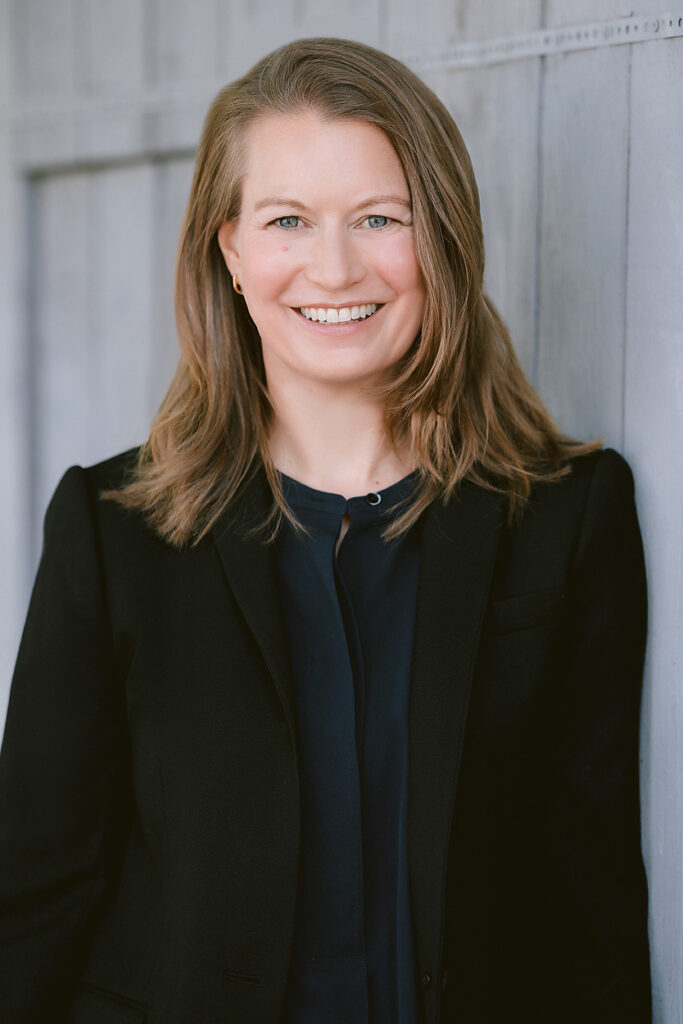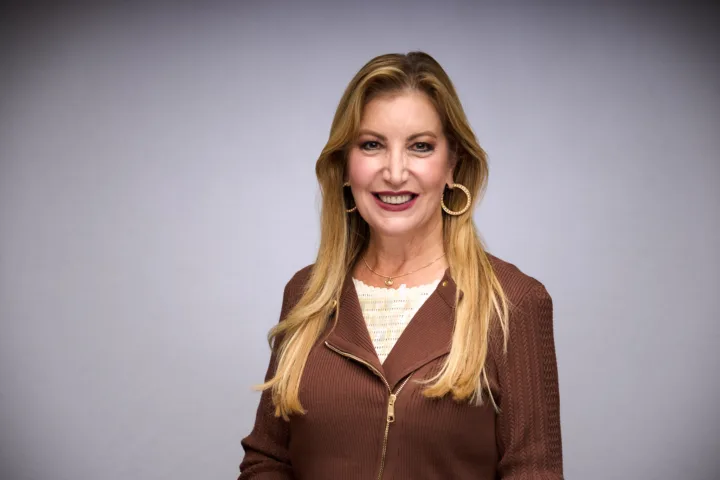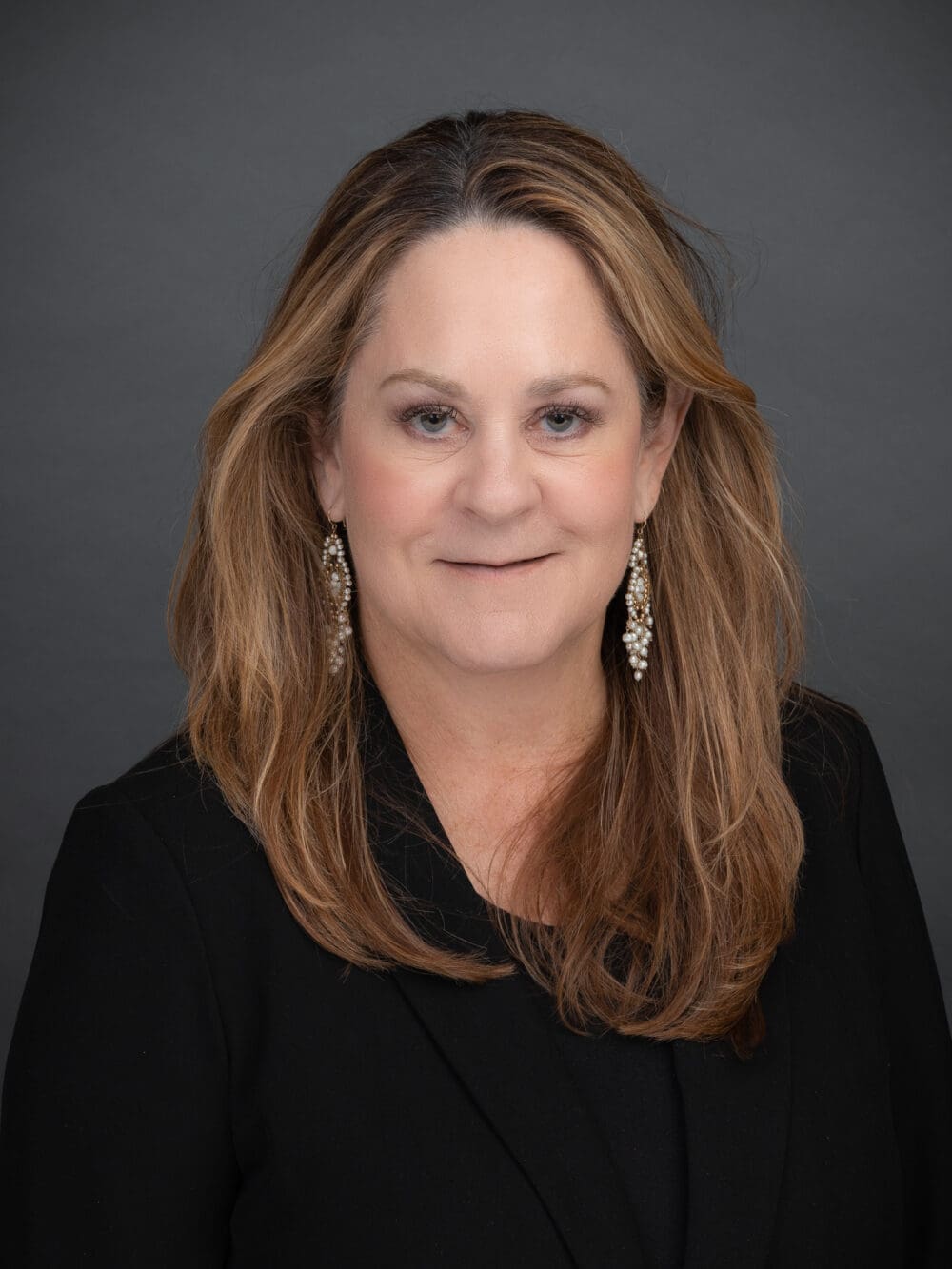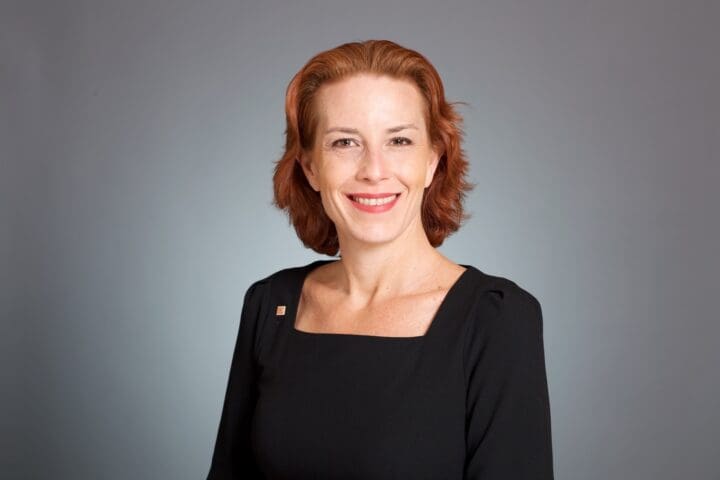Embracing uncertainty is essential for growth and opportunity. There are many ways to succeed, but only a couple of ways that we fail. It’s okay to feel moments of insecurity. Feeling challenged means you’re pushing your boundaries.
Dr. Carla Fowler, MD PhD, is the visionary Founder and Managing Director of THAXA, an executive coaching firm dedicated to enhancing individual and organizational effectiveness using performance science. With a rich academic and professional background, Dr. Fowler combines her strategy, productivity, and psychology expertise to help high-achieving professionals reach their full potential.
Graduated magna cum laude from Brown University, showcasing her early dedication to academic excellence, and furthered her education at the University of Washington, earning her MD and PhD. Her medical training continued with an internship in general surgery at Stanford University, where she honed her skills in high-stakes environments and developed a deep understanding of human performance under pressure.
At THAXA, she shares her passion for performance science, an interdisciplinary field that explores the intersection of strategy, productivity, and psychology. Her approach is grounded in helping clients shift their focus from who they are to what they are doing, emphasizing the importance of brutal focus—prioritizing actions that have the most impact and eliminating distractions. She believes embracing uncertainty is essential for growth and opportunity. She encourages her clients to relish uncertainty as it often signals areas where they can push their boundaries and achieve significant personal and professional development.
Dr. Fowler’s work with clients is deeply influenced by her medical background. She applies her understanding of physiological responses to stress and high-stakes decision-making to help executives and leaders navigate challenging situations with clarity and confidence. Her scientific training has also equipped her with a methodical approach to unstructured problems, allowing her to design effective strategies for her clients to achieve their goals.
✿ Thank you for reading!
Subscribe to be our bestie, no spam—just good vibes once a month.

Outside of THAXA, Carla is a dedicated angel investor specializing in medtech and biotech, with a portfolio of over a dozen investments. Over the years, she has been involved in several professional and philanthropic organizations, including Social Venture Partners, Rotary, Washington Women’s Foundation, Alliance of Angels, and Keiretsu.
Her brilliant philosophy is encapsulated in her 90-90-90 principle, which emphasizes the importance of starting initiatives, maintaining consistency, and iterating for improvement. She inspires her clients to focus on impactful actions and develop themselves continuously, embodying the essence of effective leadership—clarity, development, visibility, and problem-solving.
Through her work at THAXA and her broader contributions to the fields of MedTech and biotech, Dr. Carla Fowler continues to make a significant impact, guiding leaders and organizations toward greater performance and success.
I am incredibly grateful to have had the chance to get to know Dr. Carla Fowler. Our 24-page conversation was packed with wisdom, and I’ve selected the best insights to share.
She is brilliant and inspiring, passionate about performance science that transforms lives. Her expertise in strategy, productivity, and psychology makes her a leader. As I told her, every sentence she says is an idea for a book.
Her journey from medicine to founding THAXA shows her courage and vision. She realized her strengths were best used in helping others excel in human performance, reminding us to find paths that resonate with our talents.
Her insights on impostor syndrome, embracing uncertainty, and brutal focus are game-changers. She teaches us to prioritize impactful actions and see uncertainty as growth opportunities. The 90-90-90 principle simplifies achieving goals by focusing on starting, maintaining consistency, and iterating for improvement. This empowers continuous growth.
She exemplifies effective leadership—clarity, development, visibility, and problem-solving and teaches others to navigate their developmental journeys.
Everyone needs a Carla to encourage embracing strengths, navigating uncertainties, and striving for excellence. And I am super excited to introduce her to She.Work readers.
Happy readings!
Pinar Ozyigit
What motivated you to make this transition in your career?
That’s a really good question. I didn’t transition because I didn’t love my previous field. I’ve always liked math and science, which align with how my brain works. I enjoy challenging tasks and find learning science and medicine very fulfilling. However, I felt my capabilities were not fully utilized as I progressed into residency and practice. I realized that while the work was challenging, it didn’t align well with my strengths and the constraints of the medical system.
Additionally, I always enjoyed having a multi-channel life—playing sports, socializing, and balancing different activities. Becoming a surgeon would limit my life to my career, leaving no room for other pursuits. This led me to think about creating a practice outside of medicine where I could engage in the work I was passionate about and design it to fit other aspects of my life.
Can you discuss your medical background and how it influences or helps your approach to executive coaching?
Executive coaching differs greatly from medicine, but my medical training and scientific background have been incredibly useful. Understanding how our brains and bodies work helps me explain physiological responses to stress, like public speaking anxiety, to my clients. My experience with high-stakes conversations in medical settings has also trained me to be empathetic and sensitive, which is crucial in coaching.
Additionally, my scientific training taught me to approach unstructured problems methodically, which I apply in coaching by helping clients design methodologies for their goals and navigate uncertainty.
How do you address the challenge of impostor syndrome with your clients?
Impostor syndrome often traps us in a cycle of feeling we need to be someone else and getting stuck in negativity when we don’t meet that image. I help clients shift their focus from who they are to what they are doing. I encourage them to start with brutal focus—identifying a few impactful actions rather than trying to do everything. I also emphasize taking first steps and maintaining consistency before worrying about perfecting their efforts. Building relationships with peers and seeking visibility are also key strategies. When faced with negative feedback, I advise clients to be curious rather than self-critical. They should seek to understand the feedback fully, which often reveals valuable insights rather than personal shortcomings.
What principles guide your approach to brutal focus?
Brutal focus is recognizing that we have limited time and energy and should prioritize actions with the most impact. It involves planned focus sessions where you clarify your goals, identify the most important actions to achieve them, and eliminate distractions. An example is an entrepreneur who increased his company’s sale price by millions by focusing on raising prices immediately, a critical action he identified during a focus session.
How do you help clients embrace uncertainty?
Embracing uncertainty is essential for growth and opportunity. I teach clients that it’s normal to feel uncomfortable with uncertainty because our brains are wired to seek safety. However, uncertainty often signals areas where we can grow the most. I encourage clients to relish uncertainty as it indicates they’re pushing their boundaries. Tools for managing uncertainty include developing a mindset that views discomfort as a sign of growth and running experiments to gain clarity and reduce uncertainty. This approach helps clients stay creative and open rather than paralyzed by the fear of the unknown.
90% of people never start their initiatives. Of those who start, 90% quit too early. And of those who start and continue, 90% don’t iterate or improve their methods.
Can you explain the 90-90-90 principle?
The 90-90-90 principle highlights three phases where most people fail: starting, continuing, and iterating. 90% of people never start their initiatives. Of those who start, 90% quit too early. And of those who start and continue, 90% don’t iterate or improve their methods. I advise clients to first focus on getting started, build consistency, and seek improvement. This sequential approach helps avoid overwhelming oneself and ensures progress.

What have been some of your most rewarding experiences in coaching high-achieving professionals?
One rewarding experience was working with an executive managing a major client at her firm. She leaned into her relational strengths and focused on strengthening the client relationship, ultimately closing an eight-figure deal. Seeing her confidence grow and witnessing her achieve such a significant victory was incredibly rewarding.
What advice do you have for women professionals navigating leadership roles?
It’s okay to feel moments of insecurity. Feeling challenged means you’re pushing your boundaries. Focus on what’s most important for your impact and communicate your ideas. Avoid trying to be everything to everyone. Instead, prioritize, make your goals visible, and concentrate on achieving them.
In a crisis, it’s crucial to pause and think clearly about the best possible outcome. Focus on what’s most important to achieve that outcome.
How do you handle urgent situations or crises with your clients?
In a crisis, pausing and thinking clearly about the best possible outcome is crucial. Take time to understand the situation and gather necessary information. Focus on what’s most important to achieve that outcome. This approach not only helps in making better decisions but also sets a calm example for the team.
How have you seen leadership and coaching evolve over the past eleven years?
Leadership trends can be short-lived and superficial, but fundamental human principles remain constant. Performance science provides lasting guidance based on how we function as humans. Technology has expanded the reach of coaching, allowing for scalable solutions like text coaching and online peer groups. Despite technological advances, the essence of effective leadership—clarity, development, visibility, and problem-solving—remains unchanged.
What makes a person a great leader, in your opinion?
A great leader clarifies goals and priorities, helps team members develop themselves, ensures their contributions are visible, and equips them to handle uncertainty and solve problems independently. These qualities foster a supportive and effective leadership environment.
Connect with Dr. Carla Fowler, MD, PhD
Visit Thaxa
Connect with her on LinkedIn
Follow her on X
Shortcuts to Questions
Disclaimer: The views and opinions expressed in this interview belong solely to the interviewee and do not reflect the official views of She.Work or its team. This interview is shared in a Q&A format to highlight the personal story and lived experience of the individual. It is not a research article or a verified report. At She.Work, we provide a space for women to speak in their own voice, and we honor those voices as part of our mission to amplify women’s journeys. We do not fact-check personal opinions or individual claims unless the interviewee provides specific names or details that require verification. Our goal is to respect each woman’s truth as she shares it.
✱ If you liked this article, please share it with a friend who could use inspiration.
If you have a topic in mind or a story to share anonymously or with your name, email us at team@she.work









